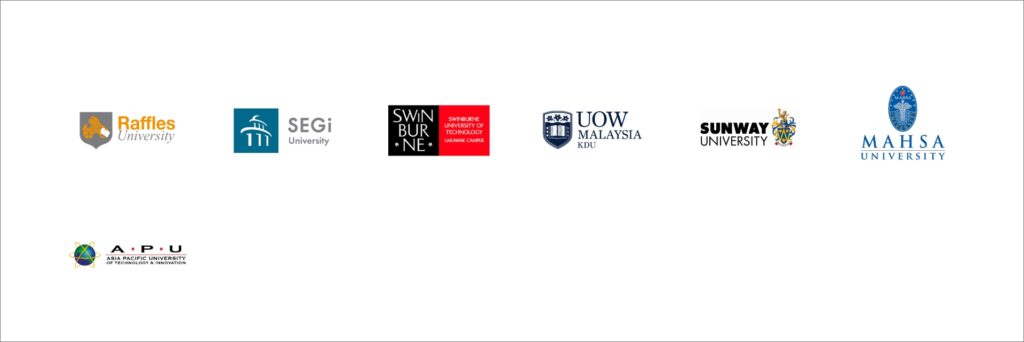Malaysia
Primary education –
Primary education in Malaysia lasts for around six years. Children commence with primary education at the age of seven. Primary education is a continuation of pre-school education in Malaysia. Along with reading, writing and arithmetic, children can also study other subjects such as science, physical education, Islamic and moral education. At the close of the studies in year six, these students will appear for the Primary School Achievement Test/UPSR. The Malaysian school system is structured around optional kindergarten, compulsory primary school followed by secondary, post-secondary and university education. Optional kindergarten is for children aged 3 to 6. There are only some government-run kindergartens in Malaysia while many are run privately. Compulsory primary school is for students aged 7 to 12 and it is divided into 2 three-year phases at the end of which students face a Primary School Achievement Test.
Secondary education –
This is for students aged 13 to 17 and it is divided into lower secondary and upper secondary education. While the former is for 3 years, the latter is for 2 years and both come to a close with standardised tests. Two different final tests exist depending upon whether the students have been following a technical or vocational education path.
Post secondary education –
This is for students aged 17 to 18 and this prepares students who want to attend university. Secondary schools in Malaysia range from the national secondary school to residential schools, arts and sports secondary schools, technical/vocational secondary schools, national religious secondary schools, and national religious assisted secondary schools. Children with chronic health conditions can opt for home schooling.
Schools in Malaysia –
Of relevance to secondary education in Malaysia is the cluster school. It is identified as being excellent within the cluster apart from features such as school management and student achievement. Cluster schools emphasise the excellence of the Malaysian education system.
Primary schools include national schools, Chinese national type schools, native schools and Tamil national type schools.
Secondary schools comprise fully residential schools, technical secondary schools, national religious secondary schools, regular secondary schools, premier schools, schools within Putrajaya and Cyberjaya, centennial schools and special model schools.
Special education primary schools and special education as well as vocational special education secondary schools are also in place. Apart from this, there are also private and international schools.
Post-secondary institutions including matriculation colleges and institutes of teacher education are also readily accessible. For secondary education, since the implementation of open certificate, students must study four compulsory subjects, namely Islamic education, Malay language, English language and mathematics as well as history. Three main streams prevail in upper secondary education, namely academic (science/arts), technical and vocational stream as well as religious stream.
Malaysian art and sports schools: Apart from Malaysian art schools, students in this nation can also opt for Malaysian sports schools, so that both sporting and academic talent can be jointly nurtured.
Students who have completed their upper secondary education and appeared for the SPM examination can then proceed to higher education. Form six is a two-year course of study comprising the lower and upper form. Eligible students can opt for either of the two streams: humanities and science. At the close of form six, students can receive assessment through the Malaysian Higher School Certificate Examination.
Matriculation Programme: The Ministry of Education Matriculation Programme is a preparatory one for bumiputera students with the Malaysian Certificate of Education awarded for qualifying for degree courses in science as well as technology and professional arts in public and private universities. Pre-university studies last for two semesters. Programme curriculum focuses on academic aspects without leaving aside the co-curricular aspect.
International students are not permitted to work while studying in Malaysia. Upon graduation, they will need to return to their domiciled country.
Malaysia is relatively liberal compared to the Middle Eastern countries. Therefore, non-Muslim students are not required to follow religious laws outside their beliefs.
Students can transfer to Australia / New Zealand / the UK to complete the remainder of their degree.
You can choose to either complete the full course of study in Malaysia or transfer abroad to complete the remainder of your course.
Our Partners and Principals


